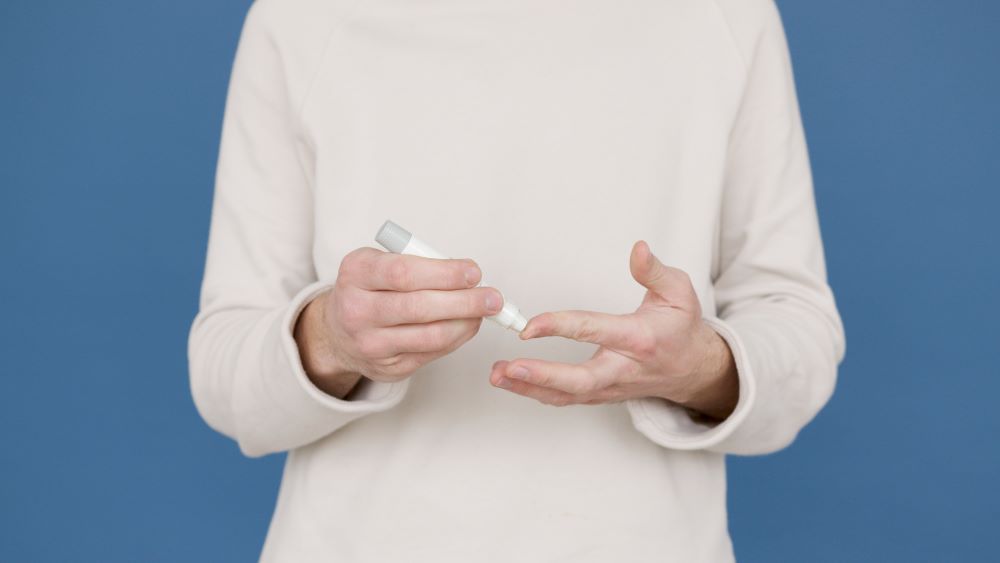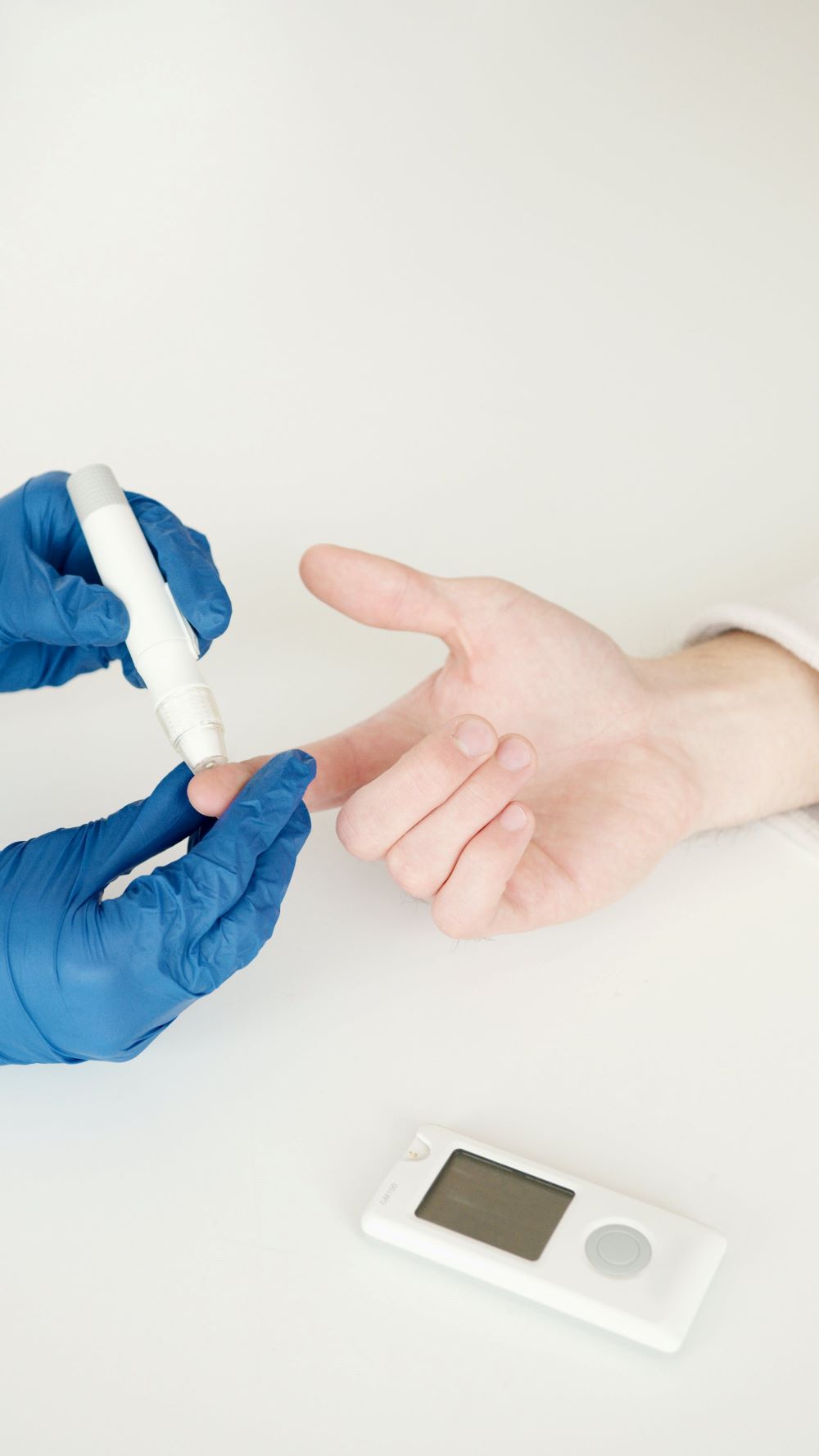Not all diabetic drugs that hit the market end up meeting patient expectations.
The scope of the diabetes problem in the United States and around the world is truly hard to comprehend. As an inevitable side effect of the obesity epidemic that has been going on for years, cases of type 2 diabetes have skyrocketed in recent years, as have attempts to develop drugs that will combat the disease. Unfortunately, not all of these drugs wind up meeting the expectations of diabetic patients, as a recent study has found.
The category of drugs that are often known as second line therapies in the fight against type 2 diabetes includes brand names such as Ozempic and Mounjaro. These names are well-known to the general public via their aggressive ad campaigns, which speaks to just how much demand exists for care for diabetic patients.
In many cases, patients are moved to these drugs because they aren’t getting the desired results from metformin, which is a long-standing player in this space. While these types of drugs can lead to effective outcomes, it’s the side effects that they deliver that are making them hard to use for many people.

For a drug to be effective against something like type 2 diabetes, it not only has to deliver the desired results, but it also has to be easy enough for the patient to live with on a day-to-day basis. That doesn’t prove to be the case for many people with drugs like Mounjaro and Ozempic. Specifically, the issue tends to be with gastrointestinal problems that interrupt daily life. Things like diarrhea, vomiting, and nausea give countless people trouble, and in the end, studies show that roughly half of those prescribed these medications wind up discontinuing use within a year.
Although it can be frustrating for patients to deal with the kinds of side effects that have been proven to result from the use of these drugs, it’s important that their use isn’t just dropped without the guidance of a medical professional. For that reason, it’s important for doctors and other health care providers to explain the risks and inform the patient that they should talk to the doctor before stopping the use of any medication. By working with the doctor, it will be possible to transition away from the drugs that are causing problems without creating any other health risks at the same time.
In the big picture, the path away from the diabetes epidemic isn’t so much through drugs as it is through lifestyle modifications and dietary improvements for society as a whole. In the meantime, however, drugs are going to play a role in helping patients to stay as healthy as possible and manage their diabetes proactively. Of course, those drugs will only be used if the benefit is worth the trade-off in terms of side effects, so drug companies will need to continue to work on addressing any issues that lead patients to stop using their products entirely.
Sources:
Many patients with diabetes quit Ozempic, Mounjaro within a year
National Diabetes Statistics Report
Nearly 40% of Type 2 diabetes patients stop taking their second-line medication


Join the conversation!